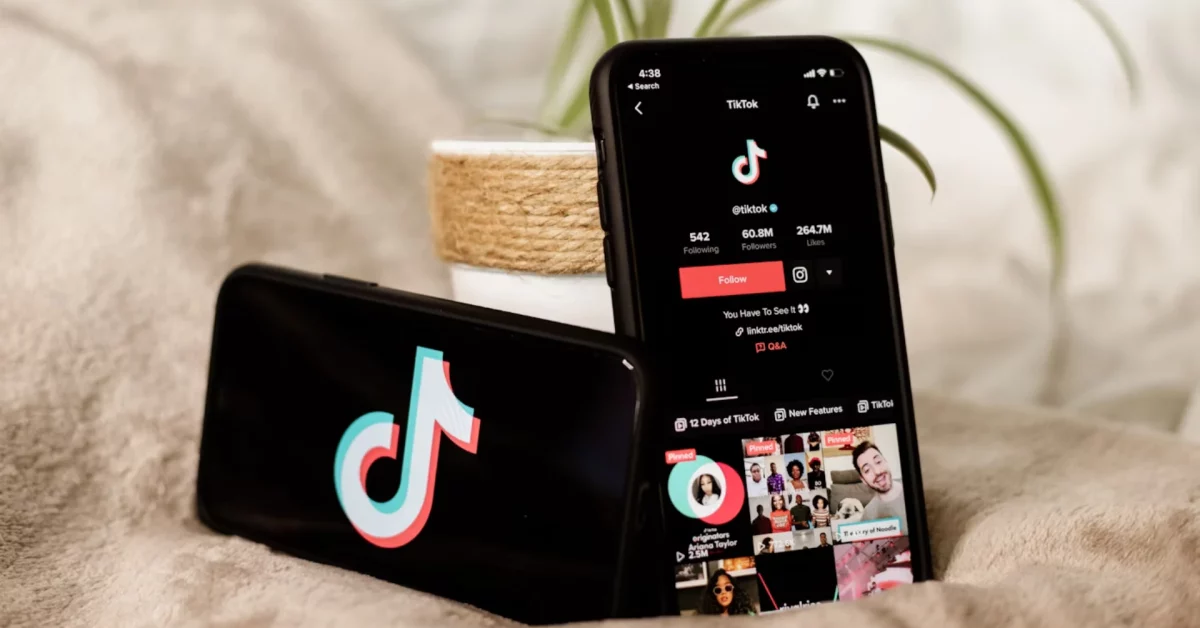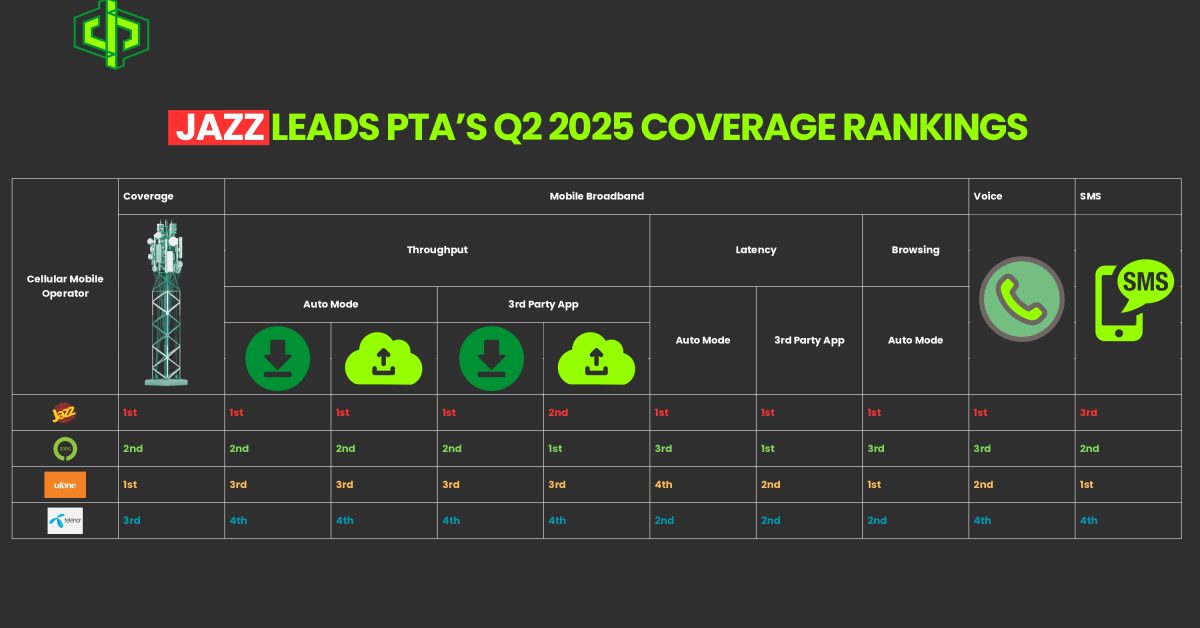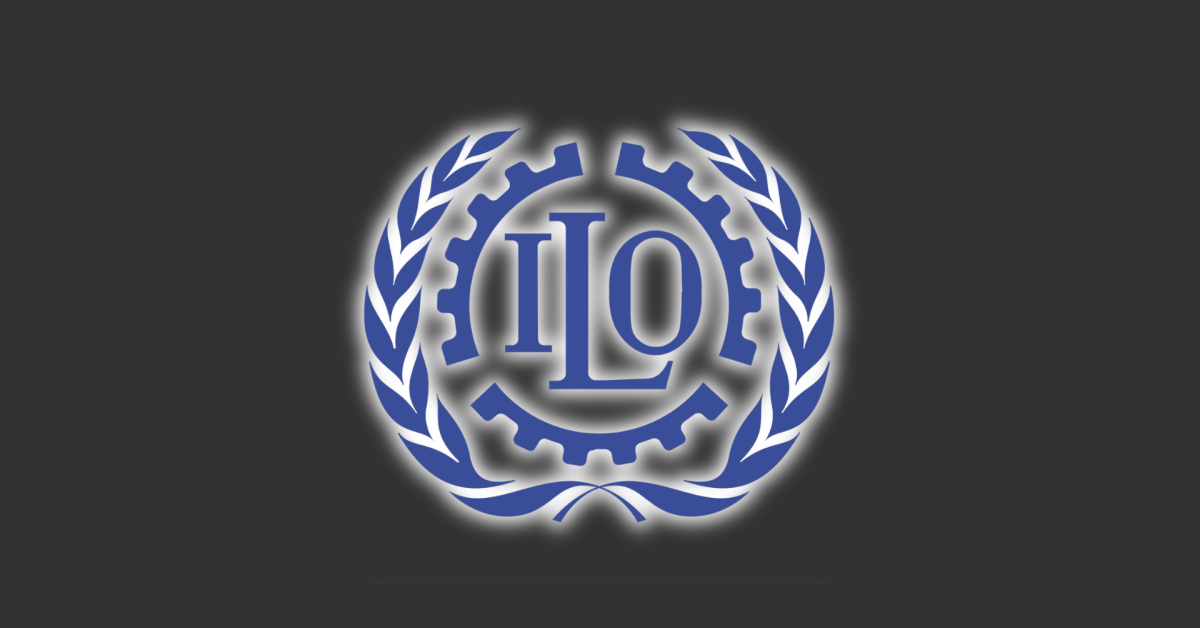
P@SHA Call for Tax Relief for IT Boom
June 3, 2025
Jazz and Qvantel Expand Strategic Partnership with New Service Centers in Islamabad and Lahore
June 3, 2025TikTok Mental Health Tips Are Usually Misleading: Study
A recent study confirms that more than half of the most popular 100 mental health videos on TikTok are filled with misinformation, and that raises some serious concerns regarding the platform’s influence on public knowledge about psychological well-being. The study, led by researchers at the University of California, discovered that nearly 60% of the most viewed TikTok videos dealing with mental health issues, gaining over 1.3 billion views, were inaccurate or not professionally accurate.
Most of these videos were made by influencers or amateurs rather than 9% from certified healthcare professionals. Sites such as TikTok, owned by ByteDance, have become default sources of information for Gen Z viewers looking for advice on depression, anxiety, ADHD, and trauma.
Other big companies such as Google and Meta have received criticism for misinformation on these platforms, but TikTok’s algorithm-driven design appears to hasten the issue. American Psychological Association experts caution that while social media can provide support and awareness, non-curated content has the potential to mislead vulnerable consumers and slow proper treatment.
This research emphasizes the importance of technology giants such as TikTok, ByteDance, Google, and Meta to institute more stringent controls in curbing mental health misinformation and steering towards evidence-based content.





